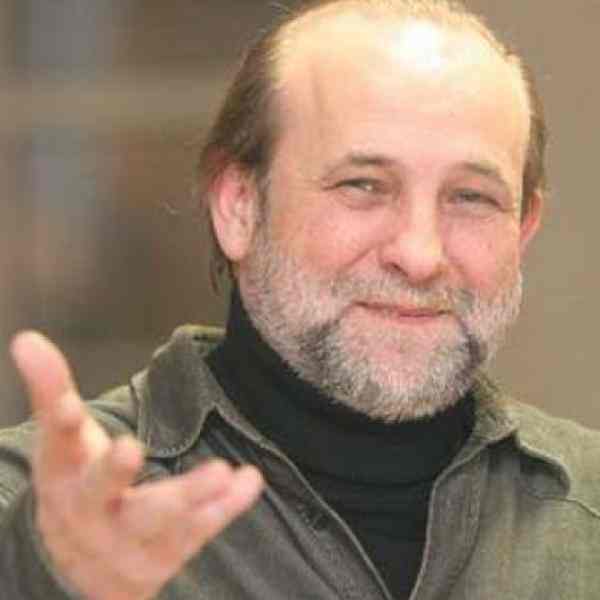Introduction
Ryszard Michalski is helping a subculture of Polish youth who are politely referred to as alternative, but often seen as deviant, to contribute significantly to society. He helps them to find jobs and provides them with an organized forum and a self-driven system to carry out a portfolio of social activities.
The New Idea
In homogeneous Poland, where the punk youth subculture is regarded as a class of strange social deviants and often excluded from mainstream organizations trying to help young people, Ryszard Michalski is making it possible for them to make significant contributions to society. Ryszard is demonstrating that these young people are as much a part of Poland's new democracy as those who look more ordinary: they have feelings, friends and ideas just like other kids. Ryszard welcomes nonconformity as a positive characteristic that spawns innovation and provides an important critique for the society.Ryszard is providing a venue for alternative young people to express their creativity. He is also educating them on the value of organization and teamwork. He is providing them with the skills necessary to organize and run their own organizations, social clubs or community service programs.
The Problem
Ryszard has described the development of the punk culture among Polish young people: "The Polish transformation has been fast. Not everyone can keep pace, especially the young. This often leads to broken social bonds, and the young people fall into sub-cultural ghettos." Polish public-opinion surveys reveal that 36 percent of Poland's youth believe that they have no control over their lives and 78 percent of the country's youth state that the majority of Polish organizations do not represent their interests. This feeling of isolation has caused many Polish youth to seek refuge in alternative subcultures. It is estimated that ten percent of Polish young people identify themselves with one or more alternative groups.
Unfortunately, membership in these groups typically leads to further alienation and isolation from mainstream society. This, in some cases, leads to increased pathological behavior including drug abuse and criminal behavior.
The Strategy
In 1993, Ryszard launched the "Raft" project in northwestern Poland. When it began it had 500 participants; by 1996 it had grown to 6,000 participants. The main objective of Raft is to provide alternative youth groups with options by teaching them to manage their own programs. As Ryszard has put it, "I am trying to launch a network of nongovernmental organizations run by the youth and give them a chance for a responsible, creative and self-supportive opportunity to find their place in society."
The young people have responded. As a result of their work with Ryszard, youths in Olysztyn have organized a "University in the Cellar," which provides lectures and discussions on topics that the youths select. Others have organized programs for disabled children and the children of alcoholics; their goal is to provide these children with a positive environment where they can explore their own abilities and find the support that they may not receive at home. In addition, Raft is developing a peer-counseling programin which older members provide mentoring for newer members. Some of the Raft clientele are organizing "Business Punk Centers," work clubs that provide vocational counseling and training for program participants in search of work. The organization planned and led a street-cleaning effort on Earth Day. Several youth groups have organized cultural events and festivals that were specifically designed to attract adult participants in order to increase mutual understanding between them and the alternative youths. And young people from Raft are now members of a local government committee for countering drug addiction.
To facilitate the spread of his project at the national and regional level, Ryszard has begun the "Foot Bridge" project. It will provide seed support for new alternative groups throughout Poland. Ryszard recognizes that his model for youth empowerment and self-management has wider implications beyond just helping alternative youths. He has begun to cooperate with other Polish youth service organizations including PAM, the organization founded by Ashoka Fellow Jacek Jakubowski that empowers youth to become actively engaged in civil society initiatives.
The Person
Ryszard has been involved with alternative youth groups since an early age. He worked with his grandmother who established an informal shelter for wayward children in his native village. During the 1970s, he started one of the first discussion clubs for youth in Poland. His entire adult life has been dedicated to education, and he views his project as a natural outcome of his upbringing and the example of his grandmother who inspired him.
